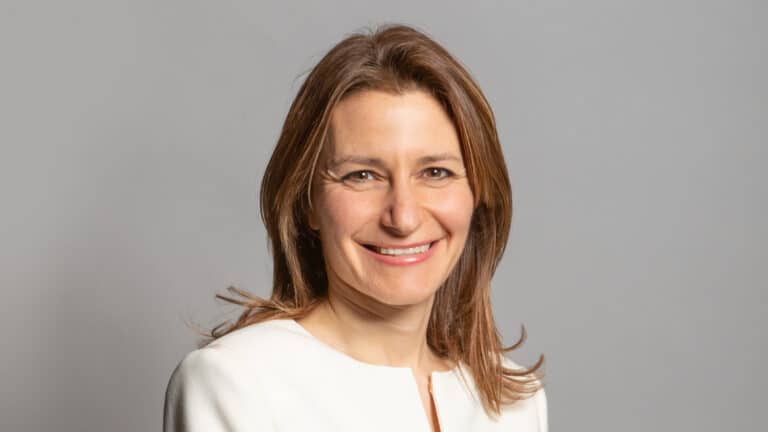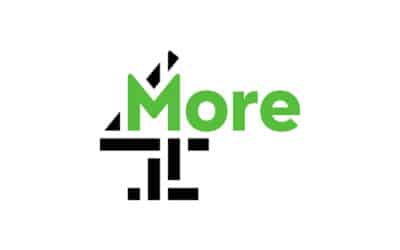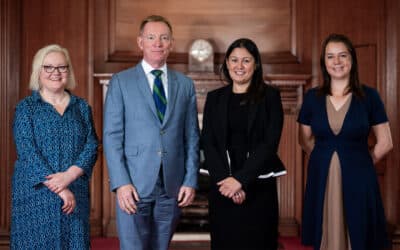The Culture Secretary has confirmed that the BBC annual licence fee will increase by £10.50.
The 6.6% rise is less than the BBC and Office for Budget Responsibility had expected and will leave an expected funding shortfall of around £90m.
The increase to £169.50 a year comes after 2 years of it being frozen.
“We note that the government has restored a link to inflation on the licence fee after two years of no increases during a time of high inflation,” read a statement from the BBC Board.
“The BBC is focused on providing great value, as well as programmes and services that audiences love. However, this outcome will still require further changes on top of the major savings that we are already delivering.
“Our content budgets are now impacted, which in turn will have a significant impact on the wider creative sector across the UK. We will confirm the consequences of this as we work through our budgets in the coming months.”
Culture Secretary, Lucy Frazer told MPs that they would also be launching a review of the BBC’s funding model:
“The review will look at how we can ensure the funding model is fair to the public, sustainable for the long-term and supports the BBC’s vital role in growing our creative industries.”
According to the BBC, if the licence fee had been increased in line with inflation, it would have had an additional £1.6bn of funding.
However, over the last year, it has seen the number of households paying the fee fall by almost 500k. That comes partly through refusal, but partly through some OAPs not realising they now need to buy a licence.
The new licence fee will work out at about £14.13 each month.
While not directly comparable to other streaming services, because it offers TV, streaming, radio, BBC Sounds and online, it remains cheaper than Netflix’s premium tier (£17.99/month) and Sky’s streaming service (from £26/month – including Netflix basic).
“I welcome the progress set out in the announcement on the licence fee settlement and the review of BBC funding, which my Committee called for in our report on the future of the licence fee. These should catalyse action to examine the options available to the broadcaster to address its growing strategic challenges. I look forward to engaging with the new BBC Chairman after he completes the appointment process and is confirmed in post,” said Baroness Stowell, Chairman of the House of Lords Communications and Digital Committee.
“I am nevertheless disappointed that the BBC itself has not done more to inform this work. Our report was clear that decisions about funding mechanisms have to be led by a clear articulation of what the country wants from its national broadcaster, and how it will change for that to be delivered. The BBC needs to be more open and front-footed in setting that out, or else face change being imposed upon it.”
The rise will come into force in April.
“Cuts have consequences, as we have seen with cuts to BBC local radio this year and new announcements to cut back Newsnight, Panorama and 127 roles in news and current affairs. It’s right that the BBC plays its part in a cost-of-living crisis, and it has done so with a two-year freeze when the BBC’s costs were also severely impacted by high inflation. This thirteenth-hour change to funding – coming two years into the existing agreement – makes it very difficult for the BBC to plan and keep within budgets,” said Paul Siegert, NUJ broadcasting organiser.
“Cuts in funding mean cuts in programmes and output. BBC is already pursuing £500 million in savings. In BBC Local we’ve seen local radio programmes cut, with shared shows doing away with truly local programming and many jobs lost. The BBC cut the World Service’s budget by £28.5m per year from April 2023, with 382 posts (almost one in five) going. Latest announcements in News and Current Affairs will see the loss of 127 posts. All this is felt by audiences.
“In terms of the BBC funding review announced today, the NUJ wants to see a regime which places public service broadcasting at the centre of a valued national broadcaster which is value for money and serves all. The NUJ will participate in the review and make sure the voices of journalists and content creators are heard loud and clear. If the government really believes the BBC is ‘a great British institution’ and ‘plays a vital role’ then commensurate funding must be secured.”











